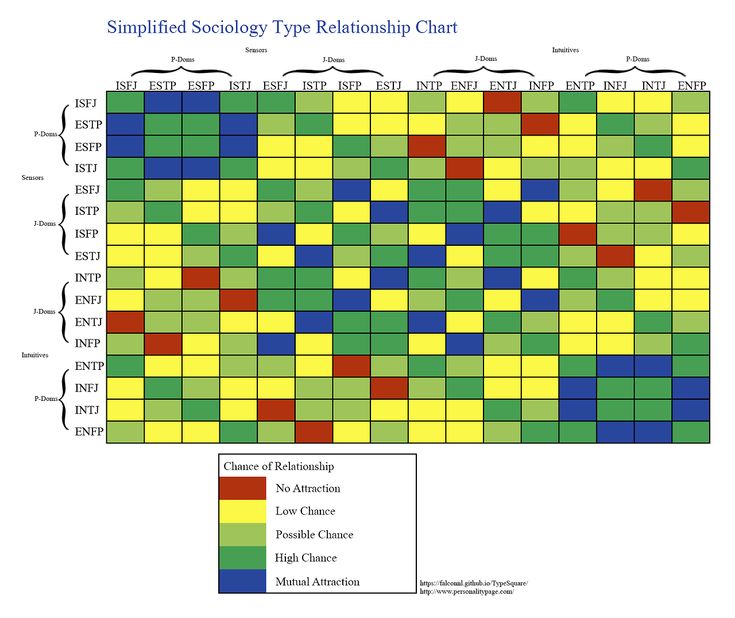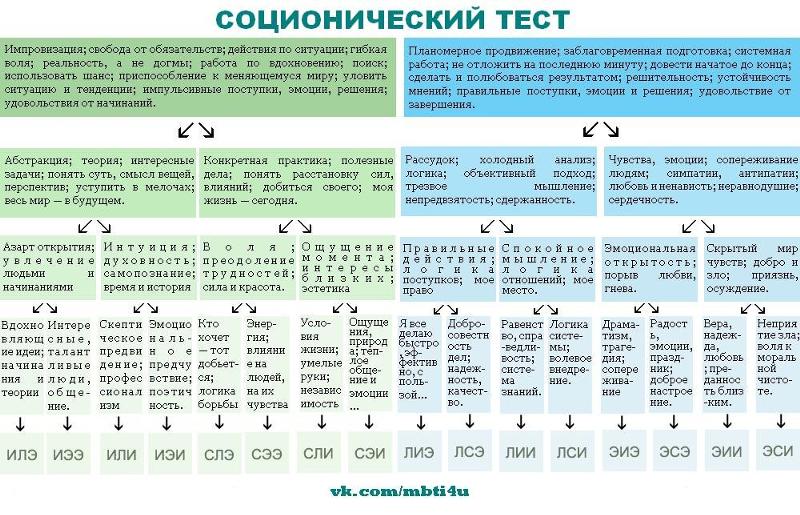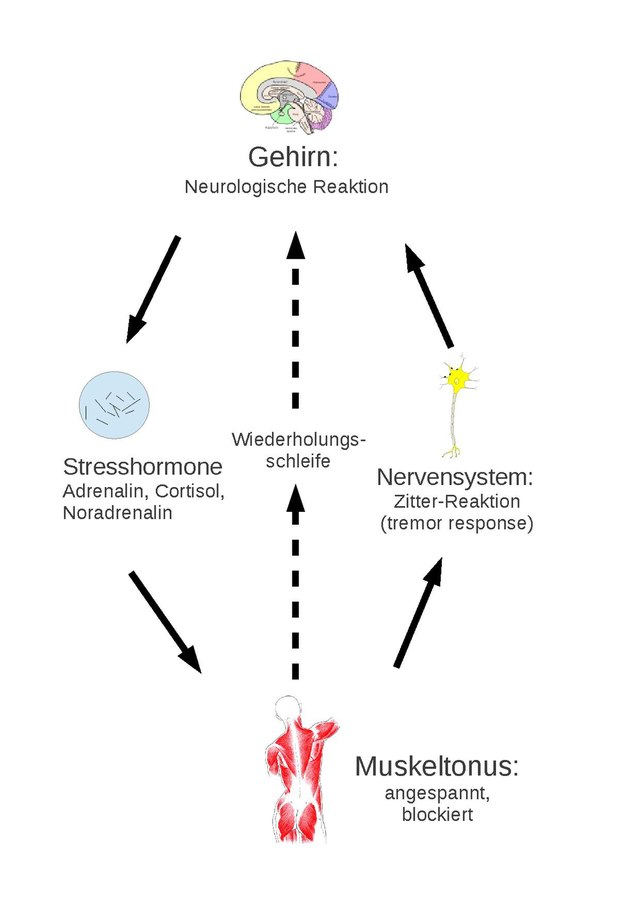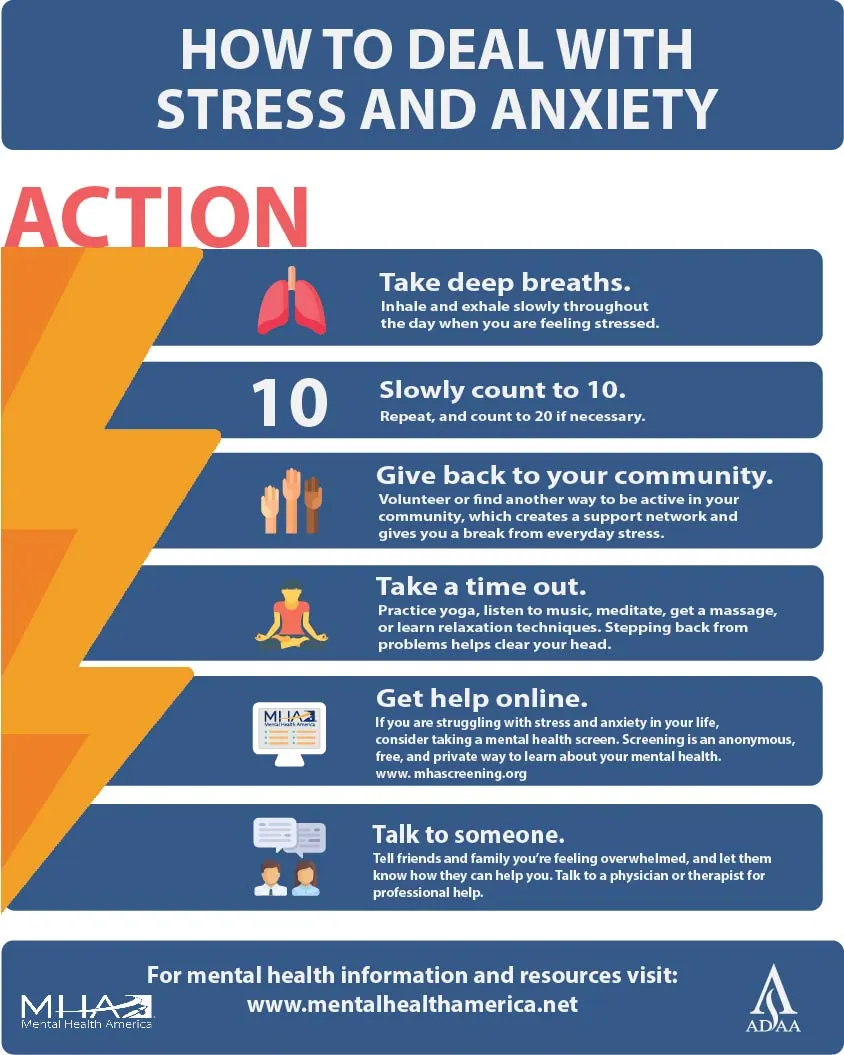Parent compatibility test
How Compatible Are Your Parenting Styles?
The birth of a child has a major impact on marriage – the truth is that things will never be the same. The partners need to get used to the new situation, adjust to having a baby, and find a common perspective on how to raise a child. Couples with young children may often need to put themselves second and attend to the little one’s needs before everything else. Children can make couples stronger, or on the contrary, they can worsen bad situations all the more. If the two spouses don’t share a similar parenting style, decisions related to their children will always be a starting point for fights. Take this How compatible are your parenting styles quiz to find out if you two have compatible parenting styles.
Questions Excerpt
1. Would you mind if you find your partner and your baby watching TV?
A. I may not like it much
B. I feel annoyed but I don’t make a big deal of it
C. I feel frustrated because I had already told them I don’t agree with the baby watching TV
D. I feel angry because they don’t follow my rules
2. Do you and your partner agree on the subject of breastfeeding vs. formula?
A. We definitely are on the same page
B. We agree mostly, in spite of a few discussions
C. Sometimes they don’t support my choice
D. We have completely different ideas
3. Do you often have arguments related to parenting?
A. Never
B. Rarely
C. Sometimes
D. Frequently
4. Do you feel respected as a parent by your partner?
A. Completely
B. Mostly
C. Not as much as I wish
D. Not really
5. Do you agree on your children’s sleeping arrangements?
A. Always
B. Most nights, yes
C. Most nights, no
D. Never
6. How do you solve parenting disagreements?
A. One of us wins and the other is not pleased about it
B. Each one continues to do things their way
C. We have never had such disagreements
D. One of us compromises
7. Do you ever read parenting books or articles together?
A. Yes, quite often
Yes, quite often
B. Sometimes
C. Rarely
D. My partner won’t agree to do it
8. Does your partner ever do things that shock you as a parent?
A. Never
B. Rarely
C. Sometimes
D. Often
9. How often do you and your partner compromise?
A. We always try to find a middle ground
B. I compromise more than them
C. They compromise more than me
D. No one compromises, and we end up in an argument
10. Your partner wants to name your baby after someone you do not like. What do you do?
A. Tell them about it and try to find a solution
B. I give in. It is not that big a deal
C. I reason with them and convince them to not
D. We end up in an argument
11. Your partner believes in a certain way of disciplining your child. What do you do?
A. I agree with them
B. My techniques can be slightly different, but I respect theirs too
C. I disagree with it, but we can talk about it
D. We will end up arguing about it because I disapprove of them
We will end up arguing about it because I disapprove of them
12. Do you think it would be better if parents were stricter with their children?
A. Yes
B. Sometimes
C. Rarely
D. No
13. Do you and your partner think your children should be allowed to make all their decisions themselves?
A. No
B. Some of them
C. Very few of them
D. Yes
14. Do you wish to set stringent rules for your children?
A. Yes
B. Some important ones
C. Their behavior should be dictated
D. No
15. Do you and your partner agree about the living situation once your children are older?
A. Yes
B. We haven’t talked about it yet
C. We will find common ground
D. No, we disagree
16. Do you and your partner have a common opinion on how involved you want your families in the upbringing of your children?
A. Yes
B. We have not discussed it
C. We have talked about it and have not been able to figure it out yet
D. No
No
17. Do you and your partner agree on your baby’s bedtime?
A. Yes
B. Sometimes
C. Rarely
D. No
18. Your partner wants your baby to sleep in the same bed as you, up until they are one year old. Do you agree?
A. Yes
B. It is okay with me
C. I do not think it is essential
D. No
19. What would you think if your partner wanted to send children to private school?
A. I would ask them about their reasoning and discuss the situation thoroughly
B. I would agree without thinking too much
C. I wouldn’t understand their decision
D. I would not even consider it
20. Have you and your partner been raised the same way?
A. Yes, and I think our parents would have been friends
B. Mostly yes
C. Not really
D. No, we were raised in completely different ways
Parenting Style Quiz | Psych Central
Parenting Style Quiz | Psych Central- Conditions
- Featured
- Addictions
- Anxiety Disorder
- ADHD
- Bipolar Disorder
- Depression
- PTSD
- Schizophrenia
- Articles
- Adjustment Disorder
- Agoraphobia
- Borderline Personality Disorder
- Childhood ADHD
- Dissociative Identity Disorder
- Narcissistic Personality Disorder
- Narcolepsy
- Oppositional Defiant Disorder
- Panic Attack
- Postpartum Depression
- Schizoaffective Disorder
- Seasonal Affective Disorder
- Sex Addiction
- Specific Phobias
- Teenage Depression
- Trauma
- Featured
- Discover
- Wellness Topics
- Black Mental Health
- Grief
- Emotional Health
- Sex & Relationships
- Trauma
- Understanding Therapy
- Workplace Mental Health
- Original Series
- My Life with OCD
- Caregivers Chronicles
- Empathy at Work
- Sex, Love & All of the Above
- Parent Central
- Mindful Moment
- News & Events
- Mental Health News
- COVID-19
- Live Town Hall: Mental Health in Focus
- Podcasts
- Inside Mental Health
- Inside Schizophrenia
- Inside Bipolar
- Wellness Topics
- Quizzes
- Conditions
- ADHD Symptoms Quiz
- Anxiety Symptoms Quiz
- Autism Quiz: Family & Friends
- Autism Symptoms Quiz
- Bipolar Disorder Quiz
- Borderline Personality Test
- Childhood ADHD Quiz
- Depression Symptoms Quiz
- Eating Disorder Quiz
- Narcissim Symptoms Test
- OCD Symptoms Quiz
- Psychopathy Test
- PTSD Symptoms Quiz
- Schizophrenia Quiz
- Lifestyle
- Attachment Style Quiz
- Career Test
- Do I Need Therapy Quiz?
- Domestic Violence Screening Quiz
- Emotional Type Quiz
- Loneliness Quiz
- Parenting Style Quiz
- Personality Test
- Relationship Quiz
- Stress Test
- What's Your Sleep Like?
- Conditions
- Resources
- Treatment & Support
- Find Support
- Suicide Prevention
- Drugs & Medications
- Find a Therapist
- Treatment & Support
Medically reviewed by Cydney Ortiz, PsyD — By Taneasha White — Updated on Feb 14, 2022
Your parenting style can affect how your child engages with the world and influence how they navigate their lives into adulthood. This can range from the partners and friends we seek out to our relationship with food and exercise.
This can range from the partners and friends we seek out to our relationship with food and exercise.
There are three parenting styles.
- Authoritative: This is a nurturing and supportive parenting style, with firm limits set for children. To try to control their child’s behavior, parents will often explain and discuss the rules and limits they’ve set. They will listen to their child’s point of view but may not consider it.
- Permissive: Permissive parents are known to be loving and warm but don’t usually monitor their children closely or set hard boundaries with clear expectations of appropriate behavior. According to the American Psychological Association, children who grow up with permissive guardians tend to be impulsive, rebellious, aggressive and have challenges with self-reliance and self-control.
- Uninvolved or flexible: Parents who are in the category of flexibility or uninvolved (sometimes called laissez-faire) have a style that may be seen as unavailable, neglectful or absent.
 Children of these parents may have challenges with self-esteem and seek out unhealthy substitutions for parents. According to a 2019 study, people with uninvolved parents often have trouble with social relationships and emotional regulation.
Children of these parents may have challenges with self-esteem and seek out unhealthy substitutions for parents. According to a 2019 study, people with uninvolved parents often have trouble with social relationships and emotional regulation.
This brief, time-saving questionnaire is designed for anyone who may have questions about the parenting style they were raised under.
The quiz could also be helpful if you have questions about your own parenting style or about your child’s responses to your decision making.
This online screening is not a definitive tool. The quiz will not determine the reasoning behind your feelings and behaviors or your children’s.
Still, it can be useful if you’re thinking about where to begin conversations or determining whether you’d like to consider therapy for yourself, your child, or your family.
Instructions
For each item, indicate how much you agree or disagree with the statement. Take your time and answer truthfully for the most accurate results. (If both parents are available, it might be a good idea for both to take the quiz and then compare their parenting styles.)
(If both parents are available, it might be a good idea for both to take the quiz and then compare their parenting styles.)
This online screening is not a diagnostic tool. Only a trained medical professional, like a doctor or mental health professional, can help you determine the next best steps for you.
Ready to start therapy? Our Find a Therapist resource may help.
Last medically reviewed on February 13, 2022
3 sourcescollapsed
- Kuppens, S, et al. (2019). Parenting styles: A closer look at a well-known concept.
ncbi.nlm.nih.gov/pmc/articles/PMC6323136/ - Mendez, S. (2021). Types of parenting styles and effects on children.
ncbi.nlm.nih.gov/books/NBK568743/ - Parenting styles [Fact sheet]. (n.d.).
apa.org/act/resources/fact-sheets/parenting-styles
FEEDBACK:
Medically reviewed by Cydney Ortiz, PsyD — By Taneasha White — Updated on Feb 14, 2022
Read this next
Breaking with Gender Stereotypes Helped Me Become a Better Dad
Medically reviewed by Joslyn Jelinek, LCSW
Steven Rowe talks about how learning to not just be the "goofy dad" but also a comforter helped him connect with his son.

READ MORE
How to Help Your Kid Understand and Express Big Emotions
Medically reviewed by Akilah Reynolds, PhD
All feelings are worthy of expression, but kids may not know how to deal with new emotions. Here's how you can help your child understand big feelings.
READ MORE
Fathering in America: What’s a Dad Supposed to Do?
Medically reviewed by Danielle Wade, LCSW
The definition of what a father is — and his responsibilities, priorities, and duties — vary, not only from generation to generation but also from dad…
READ MORE
The 9 Best Online Therapy and Mental Health Support Programs for Kids in 2022
Online therapy makes mental well-being more accessible, including for children and teens. Here are our 2022 top 9 picks for online therapy and support…
READ MORE
My Toddler Seems Anxious: How Can I Help?
Medically reviewed by Akilah Reynolds, PhD
You might be wondering whether your toddler is showing signs of anxiety or just behaviors typical for their age.
 Here's how to find out and how to…
Here's how to find out and how to…READ MORE
All About Child-Parent Psychotherapy (CPP)
Medically reviewed by Kendra Kubala, PsyD
Child-parent psychotherapy (CPP) may help improve attachment between caregiver and child and work through trauma or other mental health issues.
READ MORE
Find a Therapist: Mental Health Resources for Everyone
Medically reviewed by Joslyn Jelinek, LCSW
When it comes to mental health, there's no "one-size-fits-all." With this diverse directory, you can find a therapist and resources specific to your…
READ MORE
Tips to Heal After Growing Up with a Dismissive Mother
Having a dismissive mother while growing up can be a painful experience. This is how it can impact your adult life and how to start your healing…
READ MORE
13 Ways to Heal from Being an Unloved Child
Growing up with unloving parents or feeling like an unloved child can affect how you see the world today.
 Healing is possible.
Healing is possible. READ MORE
Postcoital test for couple compatibility for conception in Rostov-on-Don
Reminder before passing the postcoital test
The verdict “infertility” can be passed by a gynecologist to a couple in which, for 12 months of unprotected intimate life, a woman has not been able to get pregnant. This is not a diagnosis, because the causes of infertility can be different, and certainly should not be treated as a sentence. Most often, this is a temporary condition due to various objective reasons - both the state of health of both partners and their immunological compatibility - a factor necessary for successful conception.
To find out how spouses fit each other from a biological point of view, they conduct special tests for couples for two for compatibility. Here we mean not psychological, but biological parameters, on which the degree of probability of conceiving a child depends. The patterns to which she obeys are fundamentally dependent on the woman's immune system.
The patterns to which she obeys are fundamentally dependent on the woman's immune system.
You can do a postcoital test in Rostov-on-Don to determine the compatibility of your couple at the DaVinci Medical Center. Our specialists have all the necessary equipment and high qualifications to conduct research with high accuracy.
What is testing and when is it done?
It is carried out between 9 and 14 hours after unprotected intercourse. Its other name is the Shuvarsky test. It shows how much the secret secreted by the cervical canal of the cervix is able to pass male germ cells into the uterus.
Note: The cervical canal is the “entrance” to the uterus that connects the uterus and vagina. Its length is about 2 cm.
What does it mean? The fact is that in some cases, the lady's immune system fails. She begins to attack the spermatozoa penetrating the body, mistaking them for pathogenic bacteria. To combat them, the female body may begin to produce special antibodies. After a massive attack by antibodies, the activity of male germ cells decreases, and within a few hours they die. In rare cases, one of them manages to reach the egg, but the chromosomal "charge" that it carries will inevitably be damaged. This can lead to the formation of a fetal egg, but it is also destined to die in a short time - up to 3 weeks.
After a massive attack by antibodies, the activity of male germ cells decreases, and within a few hours they die. In rare cases, one of them manages to reach the egg, but the chromosomal "charge" that it carries will inevitably be damaged. This can lead to the formation of a fetal egg, but it is also destined to die in a short time - up to 3 weeks.
- The reason for the formation of these antibodies can be:
- abortion;
- intrauterine device;
- infectious disease.
Sometimes the body of a man is also a source of antibodies to spermatozoa (paradoxically, but a fact). For example, he may begin to produce them after an injury or surgery on the scrotum.
A study by the Shuvarsky method is also carried out if the “profile” diseases that can lead to infertility are not found in any of the spouses, but nevertheless the woman cannot conceive for a long time. The result of the test is to determine the quantity and quality of male germ cells in the secretion of the cervical canal - a special mucus, and the properties of this mucus. They change in different phases of the cycle. During the ovulation period, the mucus should be thin and watery so that the most active "messengers" pass through it without interference.
They change in different phases of the cycle. During the ovulation period, the mucus should be thin and watery so that the most active "messengers" pass through it without interference.
- Thus, testing evaluates:
- the amount of active "content" in seminal fluid;
- properties of the secret produced by the uterus;
- the fact of the presence of antibodies to spermatozoa (indirectly, according to the state of spermatozoa).
If there are too few spermatozoa in the sample, and those that are present are inactive and cannot move in the mucus, the partners are considered immunologically incompatible.
Preparation
A test for the compatibility of a couple for conception is carried out strictly on a certain day. Usually it is 13-15 days of the menstrual cycle , in which, as a rule, the ovulation phase begins. But, since each organism is unique, your attending gynecologist will appoint a specific date after conducting preliminary studies. In particular, to accurately determine the beginning of the ovulation phase of the cycle, it may be necessary to plot the change in basal body temperature over 3-4 months. Basal temperature is measured at home by inserting a thermometer shallowly into the anus, no more than 6 cm, in the morning. The periods when it rises to 37 degrees serve as a signal for the onset of ovulation.
In particular, to accurately determine the beginning of the ovulation phase of the cycle, it may be necessary to plot the change in basal body temperature over 3-4 months. Basal temperature is measured at home by inserting a thermometer shallowly into the anus, no more than 6 cm, in the morning. The periods when it rises to 37 degrees serve as a signal for the onset of ovulation.
First you need to make sure that there are no infections in the pelvic area, bacterial, viral or fungal, incl. thrush. A permanent partner of a woman must pass a spermogram - a study on the reproductive qualities of sperm.
- 3 days before sampling, you can not:
- allow vaginal sexual contact, incl. protected;
- use any drugs administered through the vagina, incl. medicines;
- take medications that affect the ovulation cycle in any other way, such as tamoxifen (a detailed list will be given to you by a gynecologist).
Immediately after intercourse, it is unacceptable to go to the bath, douche or wash, although you can take a shower. It is recommended for a lady to lie down for about 30-40 minutes after coitus. To avoid leakage of ejaculate on the way to the clinic, it is recommended to use a sanitary napkin in combination with a sterile napkin (if the ejaculate is released in too copious amounts). Tampons cannot be used.
It is recommended for a lady to lie down for about 30-40 minutes after coitus. To avoid leakage of ejaculate on the way to the clinic, it is recommended to use a sanitary napkin in combination with a sterile napkin (if the ejaculate is released in too copious amounts). Tampons cannot be used.
Procedure
The postcoital test is performed by sampling cervical fluid using a special sterile pipette or syringe without a needle. The procedure takes a few minutes and is completely painless.
After taking a, the doctor puts it on a glass slide, covers it with another and seals it with paraffin. The sample is sent to a laboratory for examination under a microscope.
Interpretation of results
Testing for the immunological identity of spouses can give a positive, questionable, poor or negative result. A positive result means a high chance of getting pregnant - in this case, the sample will show from 10 to 25 spermatozoa with good mobility.
A questionable result is 5-10 male germ cells moving slowly. It has two interpretations - either the cervical mucus depresses their vital activity, or the analysis was not taken in the ovulation phase. Re-analysis is required for confirmation.
It has two interpretations - either the cervical mucus depresses their vital activity, or the analysis was not taken in the ovulation phase. Re-analysis is required for confirmation.
The bad news is that the tailed “messengers” hit the right place, but they are motionless. Wednesday proved to be disastrous for them. This means that husband and wife are immunologically incompatible.
Negative - no sperm was found in the cervical canal at all. If there was no interrupted intercourse or the use of a condom, this may indicate problems with the release of ejaculate in a man.
For more information, please call 8(863)333-25-33.
Why you should choose us
- KNOWLEDGE, EXPERIENCE AND QUALIFICATION
All doctors are regularly trained in leading Russian and foreign clinics and events
- OWN LABORATORY
Performing tests in the shortest possible time at affordable prices.
- TECHNICAL EQUIPMENT
Classrooms are equipped with modern equipment from leading world manufacturers
- PIONEERS AND INNOVATORS
We are the first to introduce many modern technologies in Rostov-on-Don. (5D ultrasound, aesthetic gynecology and anrology, photodynamic therapy, radiothermometry, vacuum aspiration biopsy, Fotona4D)
(5D ultrasound, aesthetic gynecology and anrology, photodynamic therapy, radiothermometry, vacuum aspiration biopsy, Fotona4D)
Reviews about us on Flamp
We are on the map
Service Reviews
Add
CGT - Genetic Compatibility Test
What is the Genetic Compatibility Test (CGT)?
The Genetic Compatibility Test (CGT) is a genetic screening test that can scan for over 600 genetic diseases and over 6600 disease-causing mutations (breaks in the genetic code) at one time.
Couples who want to have children may have genetic conditions that they are not aware of. Until recently, it was not possible, both medically and technically, to simultaneously screen for all these genetic diseases. Now you can scan at the gene level with a simple blood test. In vitro fertilization embryos with genetic mutations and diseases detected by the genetic compatibility test can be sorted, and even in consanguineous marriages, healthy children can be born.
How is the Genetic Compatibility Test (CGT) Performed?
In order to carry out a genetic compatibility test, blood is drawn from the future parents. If a carrier or mutation is found in the resulting blood sample, all of their in vitro fertilization embryos can be screened by PGD, and only those that do not carry the mutation will be transferred. So couples, who are at risk of having a sick child may have healthy children. While genetic screening performed using classical methods can only detect individual genetic disorders, the genetic compatibility test tests hundreds of genetic diseases at the same time.
Who is the Genetic Compatibility Test (CGT) recommended for?
Anyone can take this test. However, in terms of its full information availability and the benefits it will provide to expectant parents, it is especially recommended for people/couples who fall under the following conditions:
• Patients with a history of genetic diseases in the family,
• Spouses of consanguinity,
• Couples who already have a child with a genetic disease and who want to become parents again.
Where is the Genetic Compatibility Test (CGT) Performed?
The genetic compatibility test is not carried out in every IVF center. All clinics of the Bahçeci Health Group carry out a genetic compatibility test, which allows us to identify embryos with genetic diseases and ensure that only healthy children are born to our patients. Closely following the development of reproductive science, we are pleased to implement all the latest technologies in our centers simultaneously with the world's leading clinics. Thanks to our advanced embryo lab our success rate exceeds European standards , especially in the category of difficult cases. We work closely with the University of Oxford and follow the latest scientific developments.
What is the Cost of the Genetic Compatibility Test (CGT)?
Compared to classical screening methods, where a single gene disorder can be studied, the cost of the genetic compatibility test is much lower, but due to the laws of the Republic of Turkey, we cannot share prices on our website.














